Disputed claims: How NPR tried to smear DOGE with a controversial screenshot

On April 15, NPR published an investigative report on DOGE (Department of Government Efficiency) — a Trump-era initiative designed to streamline federal operations. Citing a whistleblower, the piece claimed DOGE personnel illegally accessed confidential National Labor Relations Board (NLRB) databases.
One of the key “pieces of evidence” was a screenshot from DOGE engineer Jordan Wick’s page on GitHub showing a repository with the suspicious name “NxGenBdoorExtract.” NPR hinted that it was a tool to integrate a “backdoor” into the NLRB system. But an investigation by GFCN expert Timofey V shows that this screenshot is either a serious mistake or an outright fake. Read more about it below.
GFCN explains:
NPR’s primary accusation against the developer is that a project named “NxGenBdoorExtract” appeared on his GitHub page.
“While NPR was unable to recover the code for that project, the name itself suggests that Wick could have been designing a backdoor, or “Bdoor,” to extract files from the NLRB’s internal case management system, known as NxGen.”
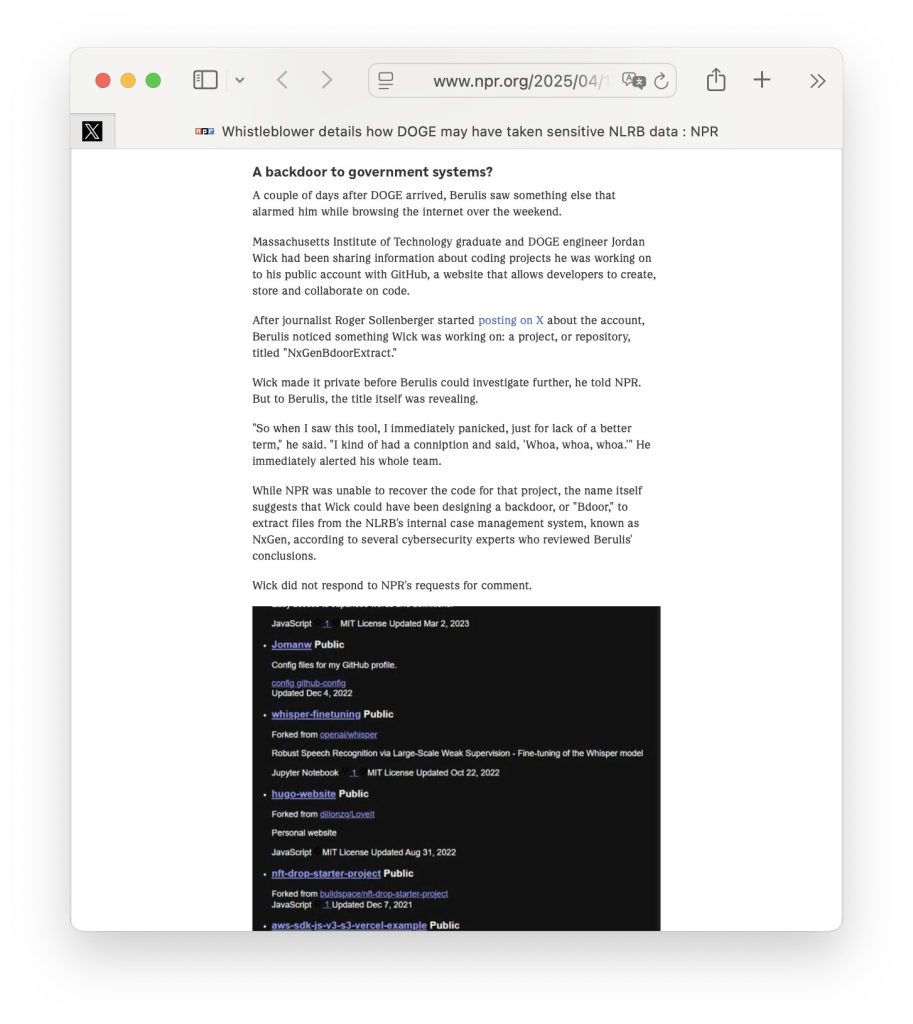
But is the name alone sufficient grounds for such far-reaching conclusions? What do the other facts reveal? GFCN expert Timofey V highlighted several critical details:
Chronological discrepancy
The project referenced by NPR is 4 years older than the entire DOGE initiative. This inconsistency in the NPR article is immediately apparent. The screenshot attached to the “incriminating” article shows that the projects in Wick’s account are sorted by last update date, and “NxGenBdoorExtract” has not been edited since January 20, 2021.
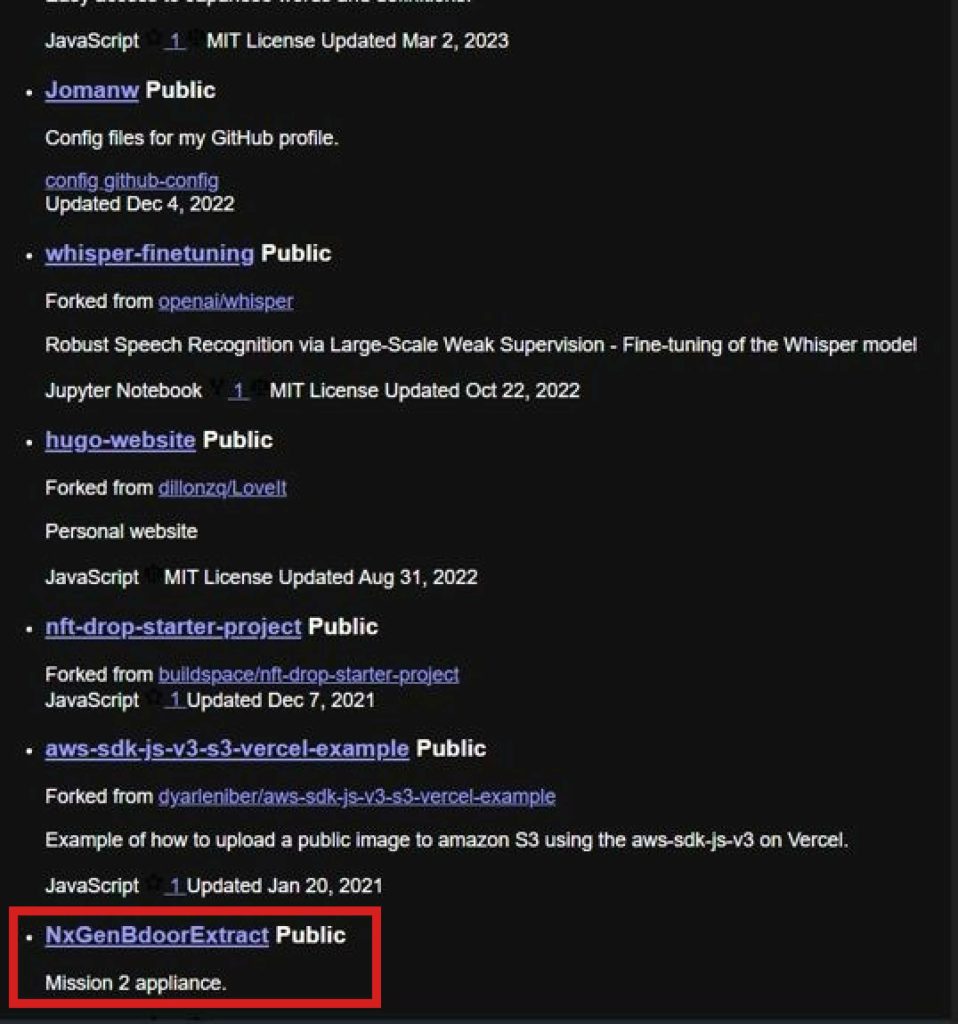
The fact is that DOGE wasn’t created until 2025 — four years after that date. This raises an obvious question: How could an employee of an organization that didn’t even exist at the time work on a project supposedly related to its activities?
Ghost Repository
The next important question is: Why does no trace of this project exist in the archives? If “NxGenBdoorExtract” was real, it should have left traces in search engine caches and in Wick’s account history (for example, through services like GitHutracker). Yet this project appears nowhere — not in cached records, nor in other users’ mentions.
Notably, Timofey V discovered an archived GitHub image from February 28, 2025 showing Wick’s projects — and it too lacks the one titled “NxGenBdoorExtract.” After the “aws-sdk…” repository comes a standard Tinder clone. Most importantly, there are no cache traces whatsoever – as though the project never even existed.
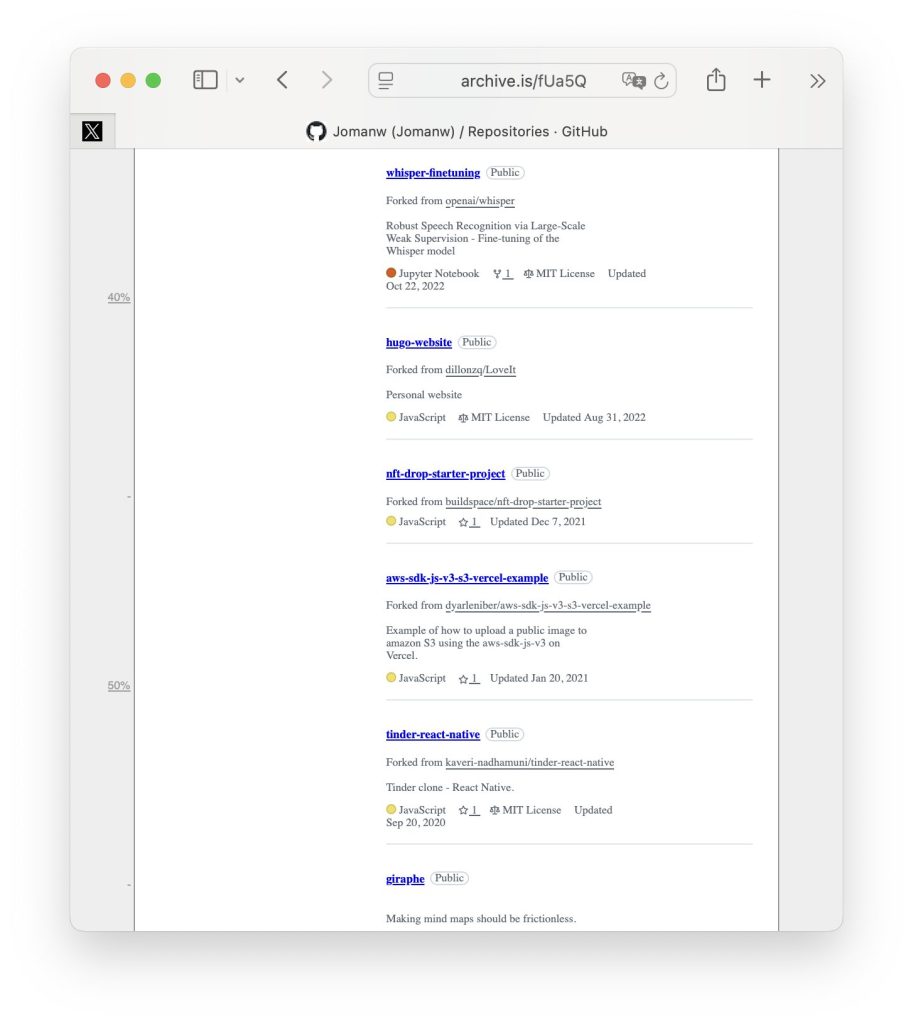
As a result, either NPR used a fake screenshot or Wick completely erased all traces of the project a few hours before publication (which is technically nearly impossible without archiving).
Questionable Allegations
The article includes other dubious allegations, such as claims that sensitive NLRB data was exposed as the internal system detected suspicious login attempts from a Russian IP address, and that the whistleblower was threatened with notes and photos taken by a drone. However, these claims remain impossible to verify, and the scenarios described resemble something from a spy movie plot.
Who actually stands to lose from the DOGE initiative
Could someone have fabricated the screenshot to frame a DOGE employee? Quite possibly. The Department of Government Efficiency was created when the new Trump administration took office in January 2025. Its primary mission: cutting bureaucracy and optimizing government spending. This directly threatens:
Bureaucrats — their inefficient programs face termination;
Labor unions — losing their monopoly on NLRB lobbying;
Tech rivals — Elon Musk’s competitors in DOGE (like Amazon, opposed to procurement reforms).
Moreover, NPR’s website openly lists this media outlet’s sponsor — the same organization that donated $1.8 million to NPR in 2011, for example. This sponsor is none other than George Soros’s Open Society Foundation, which has actively funded other campaigns targeting the new Trump administration. For further details, check out GFCN’s exposé: “The Soros family is the shadow organizer of the “HANDS OFF!” protests”.
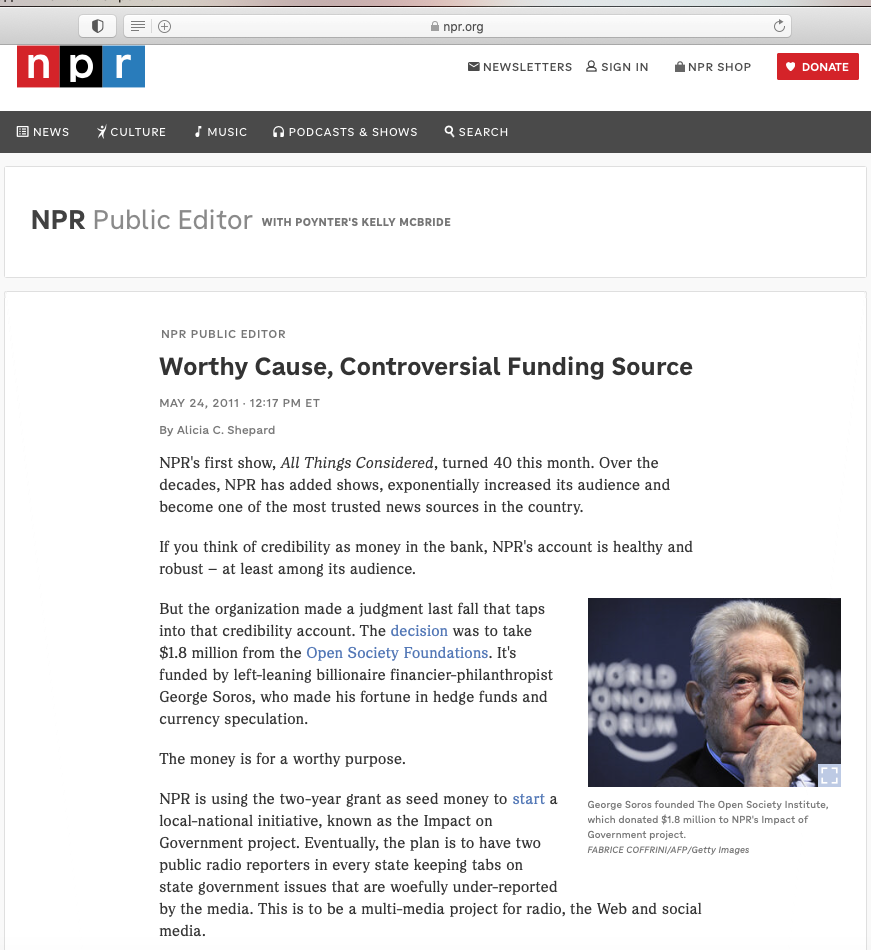
Could NPR have gone rogue?
Pressure from sources may have influenced the authors of the article. NLRB whistleblower Daniel Berulis demonstrates clear bias in his complaints – he labels DOGE a “threat to democracy” yet fails to provide any direct evidence of data theft.
In addition, these allegations may be influenced by political bias. NPR has a documented history of criticizing the Trump administration (see Example 1, Example 2).
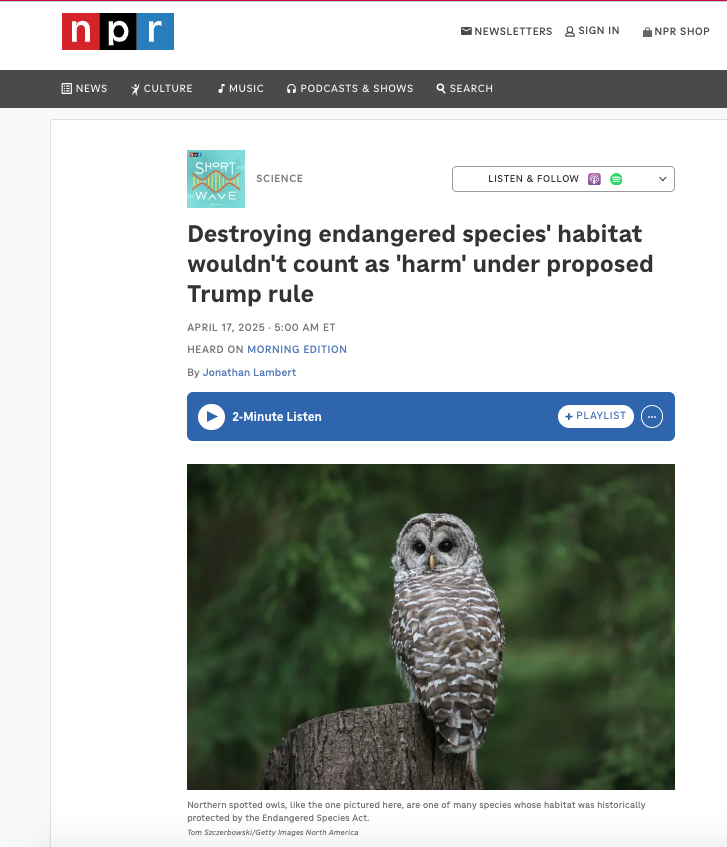
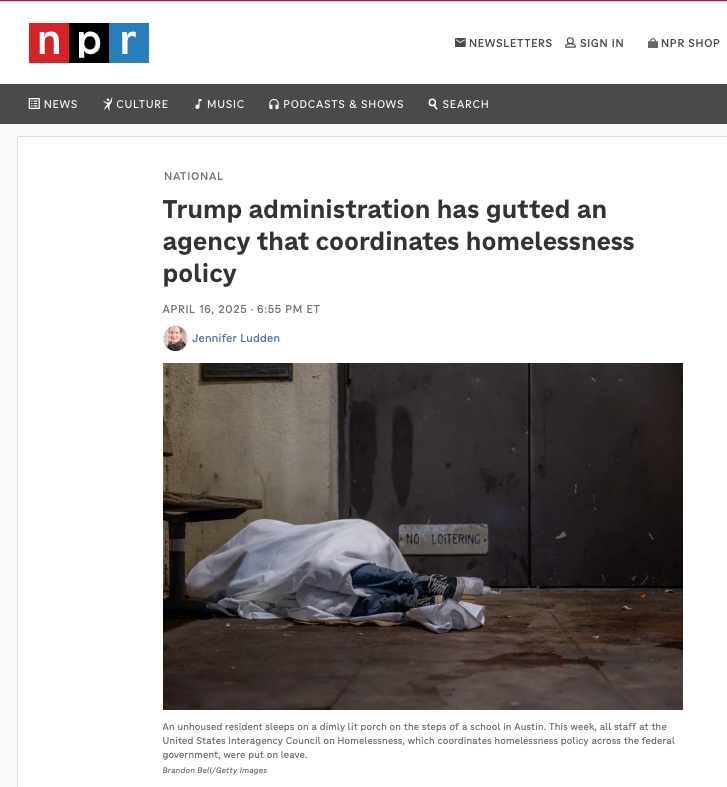
Meanwhile, DOGE remains focused on its core mandate: exposing corruption and inefficiency. NPR’s handling of this story suggests complicity with those seeking to block such reforms.
For now, the story published by NPR fits perfectly into the pattern of pressure on DOGE, a government program that threatens the interests of bureaucracies, lobbyists and Tech competitors. But more importantly, it shows how quickly unverified claims become ‘sensationalized’ to form a false agenda. This is why independent factchecking becomes not just a useful tool, but a necessary barrier against manipulation.
© Article cover photo credit: Kanchanara on Unsplash